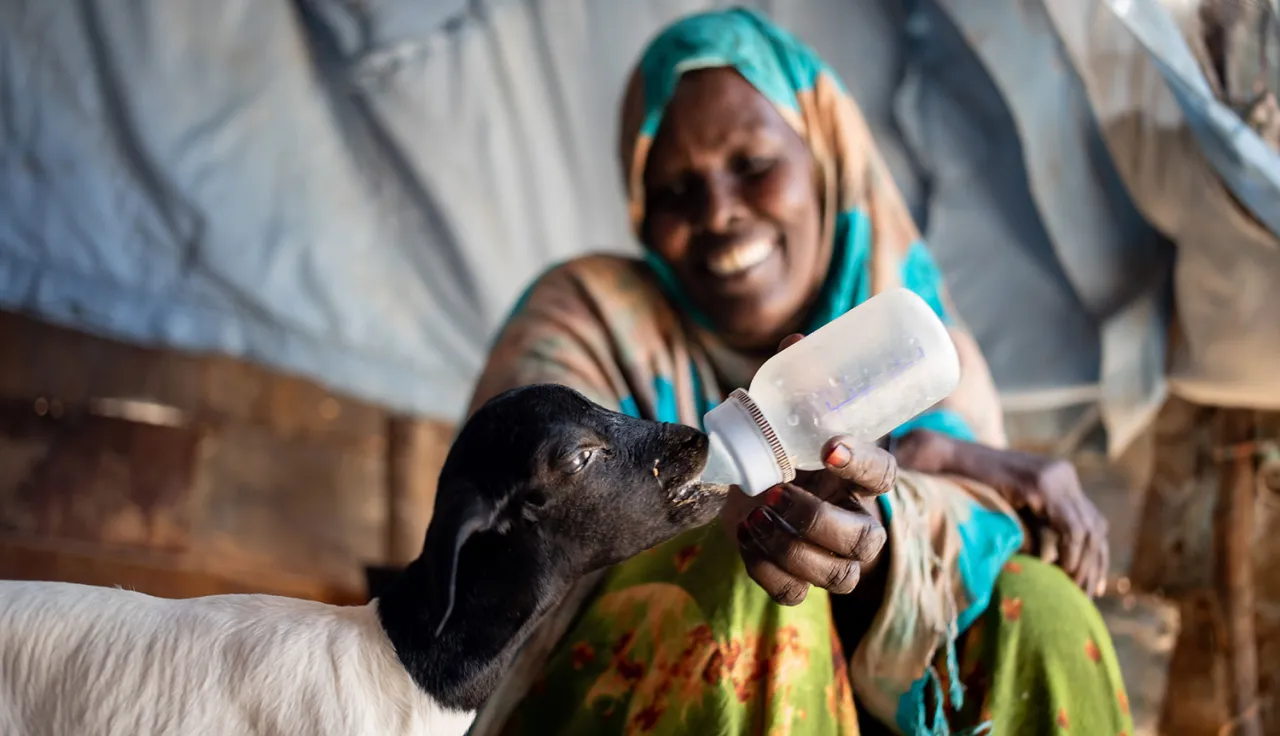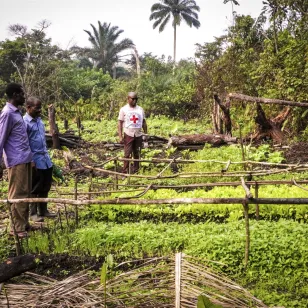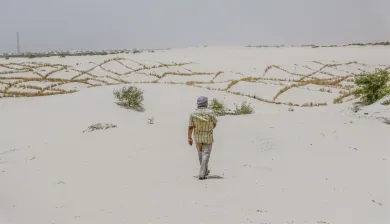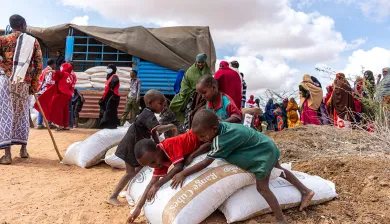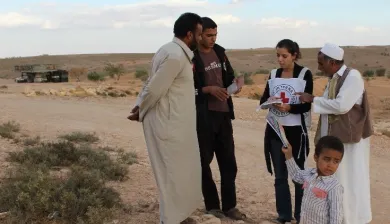Economic security
Nowhere are the consequences of poverty and the global food crisis felt more acutely than in countries already facing humanitarian crises, especially those torn apart by decades of warfare or instability. Conflict and crisis are characterized by the destruction of infrastructure, displacement of populations and, almost inevitably, economic instability. People’s lives and livelihoods – their means of earning an income – are often heavily disrupted.
Food insecurity has a devastating impact on civilian populations already affected by war and conflict – many of whom are displaced from their homes and communities. Going hungry exacerbates the physical and emotional toll of conflict. Right now, millions of people around the world are struggling to feed their families because of war, conflict, climate change and shocks to food, energy and financial systems.

